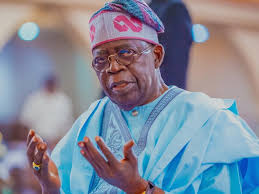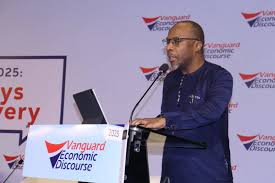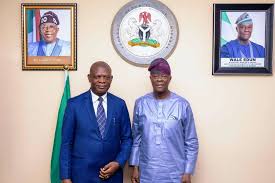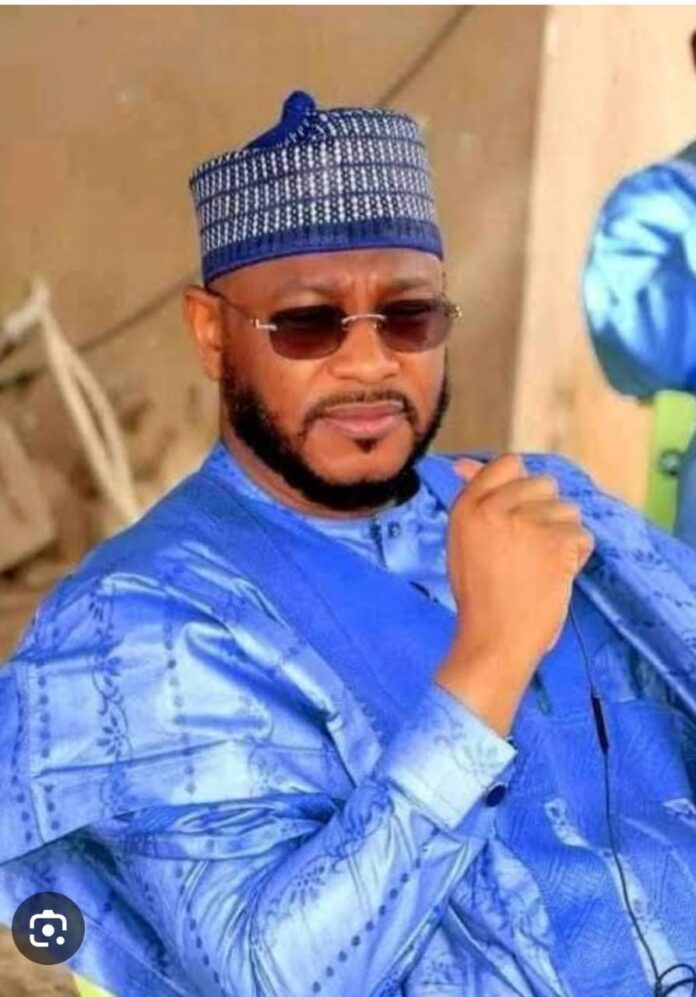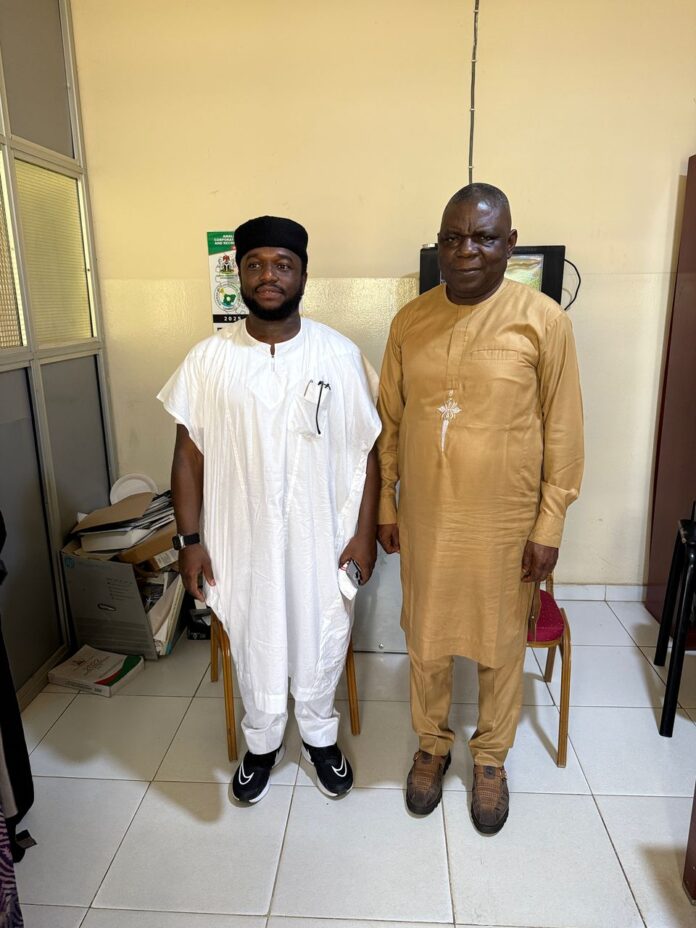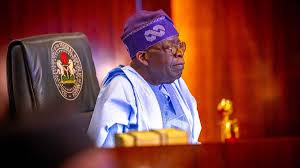Renowned economist, Dr Yemi Kale, says Nigeria must recalibrate its economy through disciplined reforms, forward-looking governance, and people-centred development.
Mr Kale, a former head of Nigeria’s statistics bureau and now Group Chief Economist at Africa Export-Import Bank ,Afreximbank, gave this advice at the 2025 Vanguard Economic Discourse, where he delivered a keynote address that examined Nigeria’s current economic hardship and offered a compelling and urgent roadmap toward sustainable recovery and shared prosperity.
According to the economist, Nigeria is grappling with both external shocks and internal structural fragilities: from global inflationary pressures to domestic policy missteps.
“Business as usual is no longer an option”, he quipped, warning that slowing growth, commodity volatility, rising protectionism, and geopolitical instability are compounding Nigeria’s vulnerabilities.
“From exchange rate volatility to eroding investor confidence, Nigeria finds itself navigating a storm with limited buffers”, he explained.
He critiqued the removal of fuel subsidies, FX rate unification, tax overhauls, and monetary tightening, leading to surging inflation, currency depreciation, contracting investment, and intensifying socioeconomic hardship, noting that while the reforms instituted by President Bola Tinubu were necessary steps toward a rules-based economy, they were poorly sequenced and lacked critical safeguards.
“Most of Nigeria’s economic hardship is not caused by unforeseen events but by policies introduced without adequate safeguards. Public trust is built not just by making policies but by implementing them with foresight, fairness, and firmness”, he submitted.
The economist then outlined a clear, actionable framework to transition Nigeria from macroeconomic fragility to resilient, inclusive growth revolving around three pillars: macroeconomic stability, economic diversification, and social investment and inclusive governance.
He noted that restoring confidence begins with fiscal discipline, transparent FX management, and tighter coordination between monetary and fiscal authorities.
“The first pillar is macroeconomic stability. Macroeconomic stability is not an outcome it is a prerequisite. Nigeria must rebuild investor and citizen confidence by addressing fiscal imbalances, taming inflation, and restoring exchange rate credibility”.
He noted that this can be done via enforcing tax reform, curb leakages, and ensure budget credibility, empowering the central bank with operational independence and clear mandates, tackling inflation through supply-side reforms particularly in agriculture and logistics, maintaining a transparent, market-reflective exchange rate supported by non-oil exports and reserve buffers, as well as creating a predictable investment climate that encourages long-term capital formation.
“The second pillar is economic diversification. Diversification is no longer optional. Nigeria’s dependence on oil exposes it to external volatility and fiscal instability. We must rapidly expand our productive base”, adding that core focus should be on agriculture, manufacturing, services and digital economy, small businesses, and infrastructure.
“The third and final pillar is social investment and governance. True growth is people-centered. It must deliver meaningful improvements in the lives of Nigerians across all demographics and regions”.
Dr Kale emphasised that key focus areas include the need to expand social safety nets to protect vulnerable populations from systemic shocks, improve access to basic services housing, healthcare, electricity, water, and strengthen education through curriculum reform, teacher training, and vocational pathways.
He also advocated fostering entrepreneurship and digital inclusion, particularly for youth and women, deepening institutional trust through anti-corruption enforcement and policy continuity, and usage of digital governance to increase transparency, reduce leakages, and improve service delivery.
“Inclusive growth is not just a social ideal it is a strategic economic necessity”, he said.


